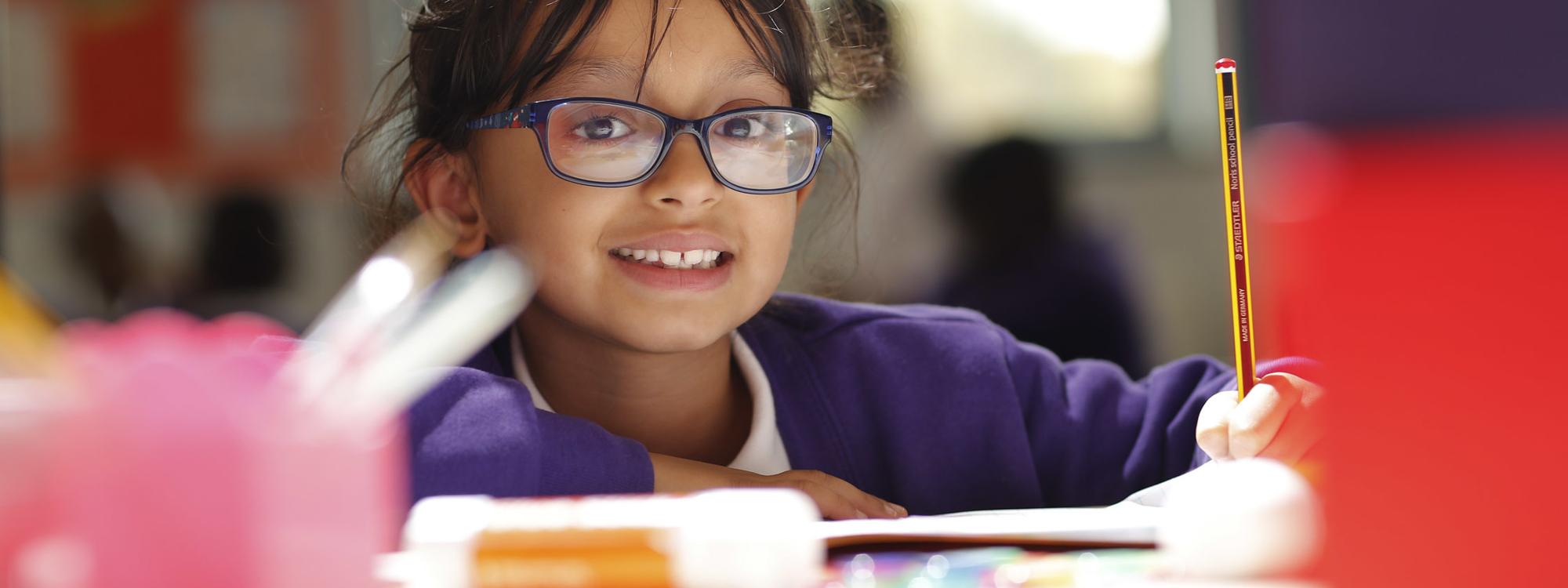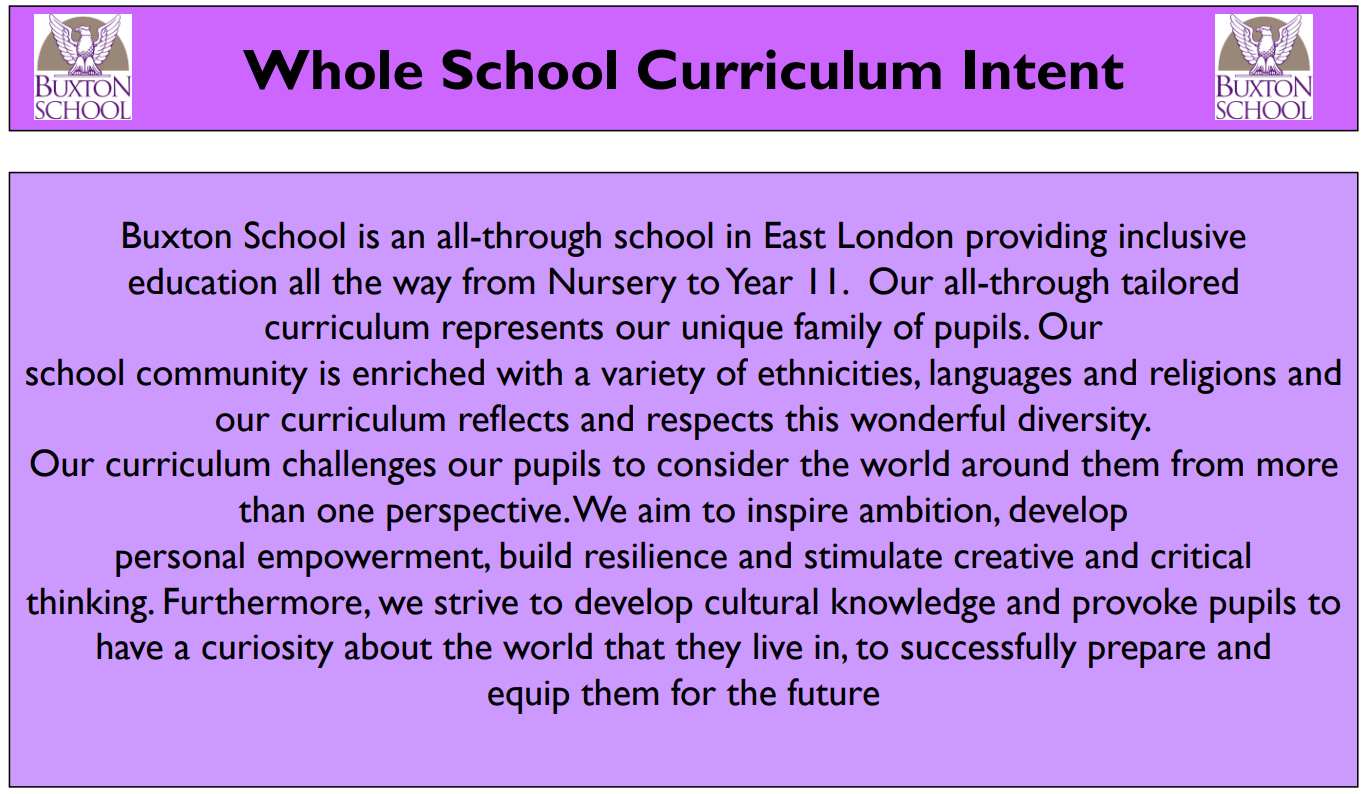Primary
Curriculum
At Buxton School, we are dedicated to providing an inclusive and relevant curriculum tailored to the needs of our pupils and the wider community. We strive to establish connections across various subjects, enabling children to contextualise their learning, thereby enhancing their understanding of knowledge and skills.
From Nursery through to Year 6, our pupils follow a theme-based approach to the curriculum, with a particular focus on foundation subjects such as history, geography, science, art, and design technology. Some aspects of the curriculum are delivered daily, while others are taught weekly, half-termly, or during special themed weeks and days.
Mathematics and English are taught as discrete subjects and are integrated with the class topic when appropriate. Phonics, spelling, French, religious education (RE), and physical education (PE) are also taught as discrete subjects across the school.
We take great pride in our curriculum, and if you have any questions or would like to discuss it further, please contact Sam Berry at office@buxtonschool.org.uk.
Our curriculum across the primary phase is enhanced and supported by:
- Creative, dynamic, and interactive learning and teaching environments that cater to individual learning needs and challenges.
- Engaging WOW days.
- Utilisation of outdoor spaces, including our secret garden and the local area.
- A carefully planned programme of lessons based on the National Curriculum.
- Extra-curricular activities such as music, instrumental lessons, and sports opportunities.
- Regular educational visits and trips outside the school to enrich subjects and topics, including museum and art gallery visits.
- In-school sessions with outside speakers and visitors, such as parents, the school nurse, and community police officers.
We keep parents and carers informed about our curriculum and topics through:
- Termly newsletters;
- Subject pages on the school website;
- School productions;
- Parent workshops;
- Invitations to exhibitions, stay and learn sessions, and Parents' Evenings in school.
Our topics across the primary phase are:
NURSERY TOPIC OVERVIEW CYCLE A AND B.pdf



